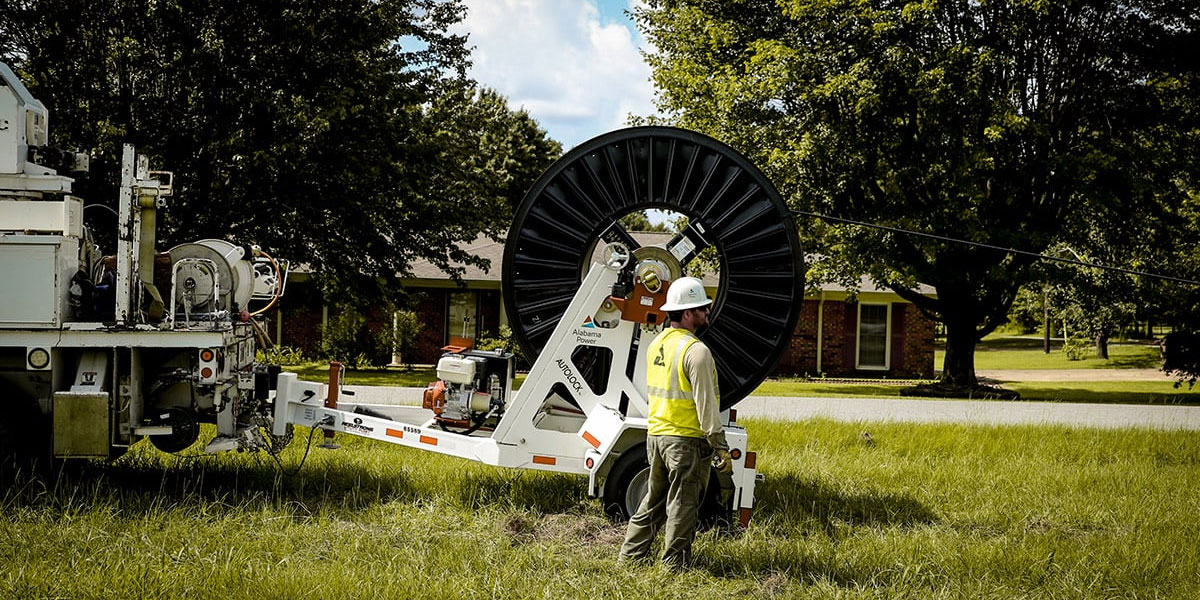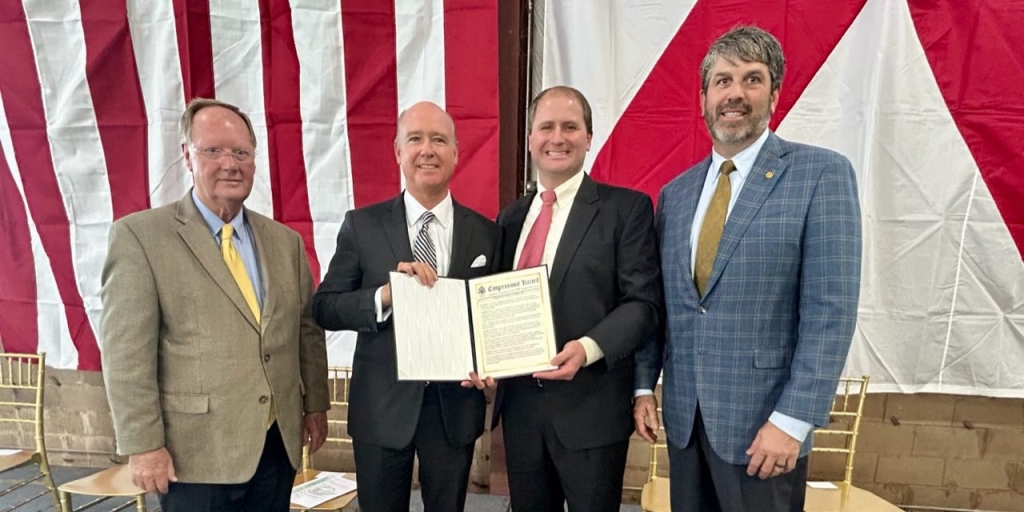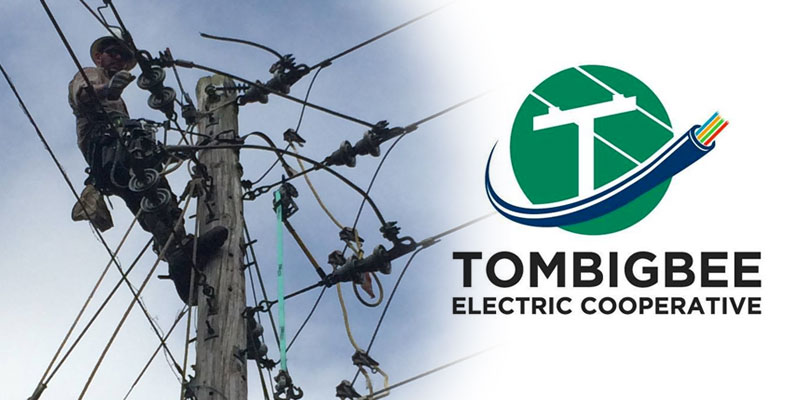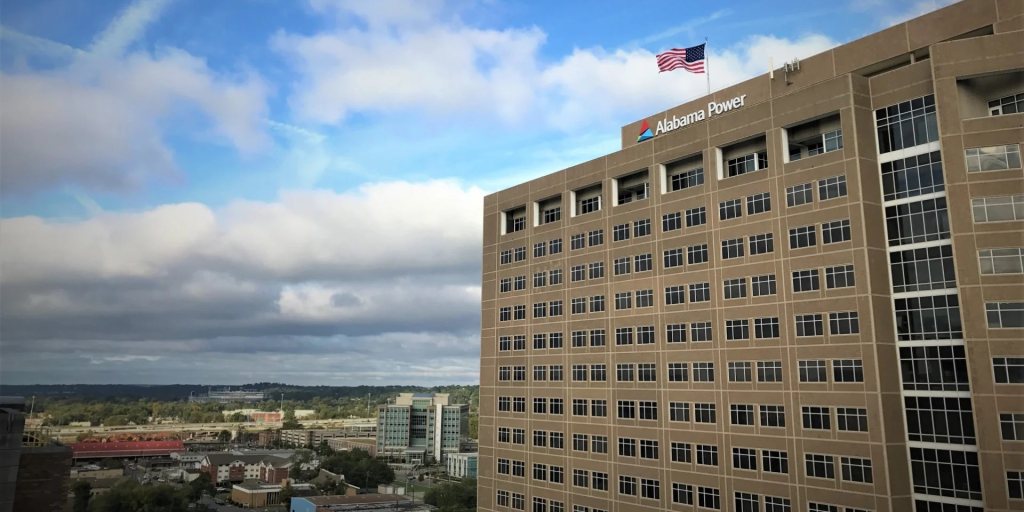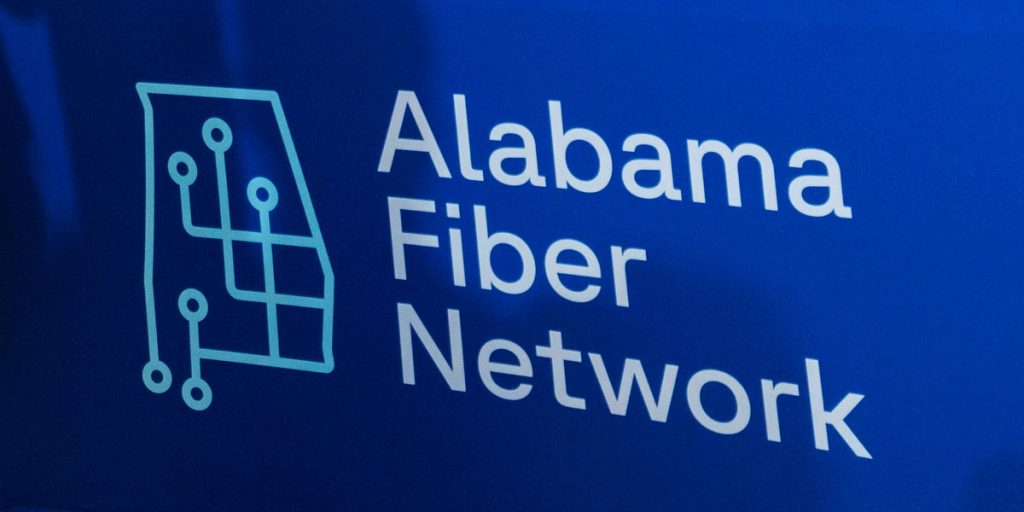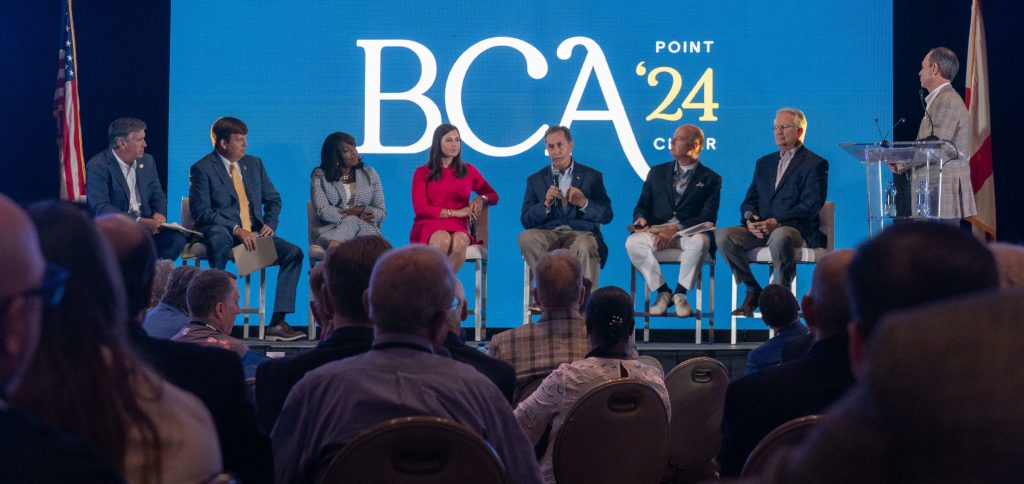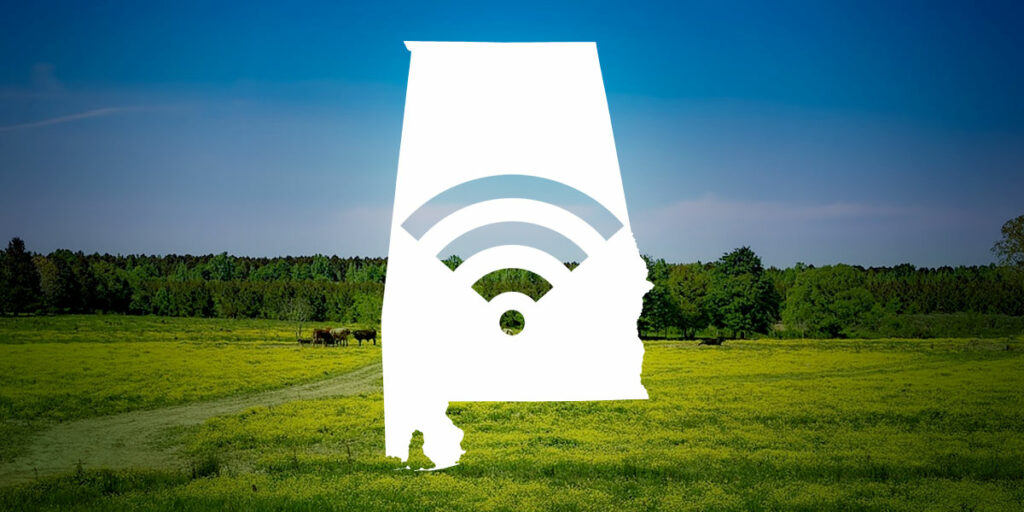The Alabama Department of Economic and Community Affairs on Tuesday afternoon formally submitted the state’s final Broadband Equity, Access, and Deployment (BEAD) Program proposal to the National Telecommunications and Information Administration (NTIA) following a public comment period.
Once approved and projects are completed, every BEAD-eligible location in Alabama will have access to high-speed internet connectivity, with awards enabling service providers to extend broadband to more than 101,000 locations statewide.
“Expanding access to high-speed internet has been one of my top priorities since taking office, and today we are one step closer to ensuring that all Alabamians have the ability to be connected,” said Governor Kay Ivey.
“We appreciate our close partnership with the Trump Administration in forming this plan, which will allow us to secure broadband access for all eligible Alabama addresses while saving taxpayers more than $800 million.”
Governor Ivey continued: “This submission reflects years of hard work and coordination between state leaders, ADECA, local partners, and providers. With approval, Alabama will achieve 100 percent coverage for every BEAD-eligible location in our state.”
Since 2017, Governor Ivey, the Alabama Legislature, and ADECA have prioritized efforts to expand broadband through numerous state and federal grant programs while working closely with private partners and local communities. Through the BEAD program, Alabama is on track to achieve full broadband coverage as defined by NTIA.
“Governor Ivey gave us a clear directive: every Alabamian should have access to reliable, high-speed internet,” said ADECA Director Kenneth Boswell. “Today’s submission delivers on that vision. Working closely with NTIA, providers, and communities across the state, we have developed a plan that will serve Alabama families, schools, businesses, and farms for decades to come.”
Through competitive bidding and negotiations, ADECA secured commitments averaging $5,100 per eligible location – a savings of more than $800 million from Alabama’s original $1.4 billion BEAD allocation. The final plan calls for wired construction to approximately 75 percent of locations, with low earth orbit (LEO) satellite service covering approximately 25 percent where a wired solution was not feasible under NTIA’s cost requirements.
Proposed awardees include both national providers and Alabama-based companies and cooperatives, all of which have been vetted to ensure they can deliver on their commitments.
ADECA’s plan includes a robust monitoring program to ensure that projects are completed on time, meet federal standards, and provide lasting benefit to the people of Alabama.
The final BEAD proposal is available on ADECA’s website.
Courtesy of the Alabama Department of Economic and Community Affairs.




